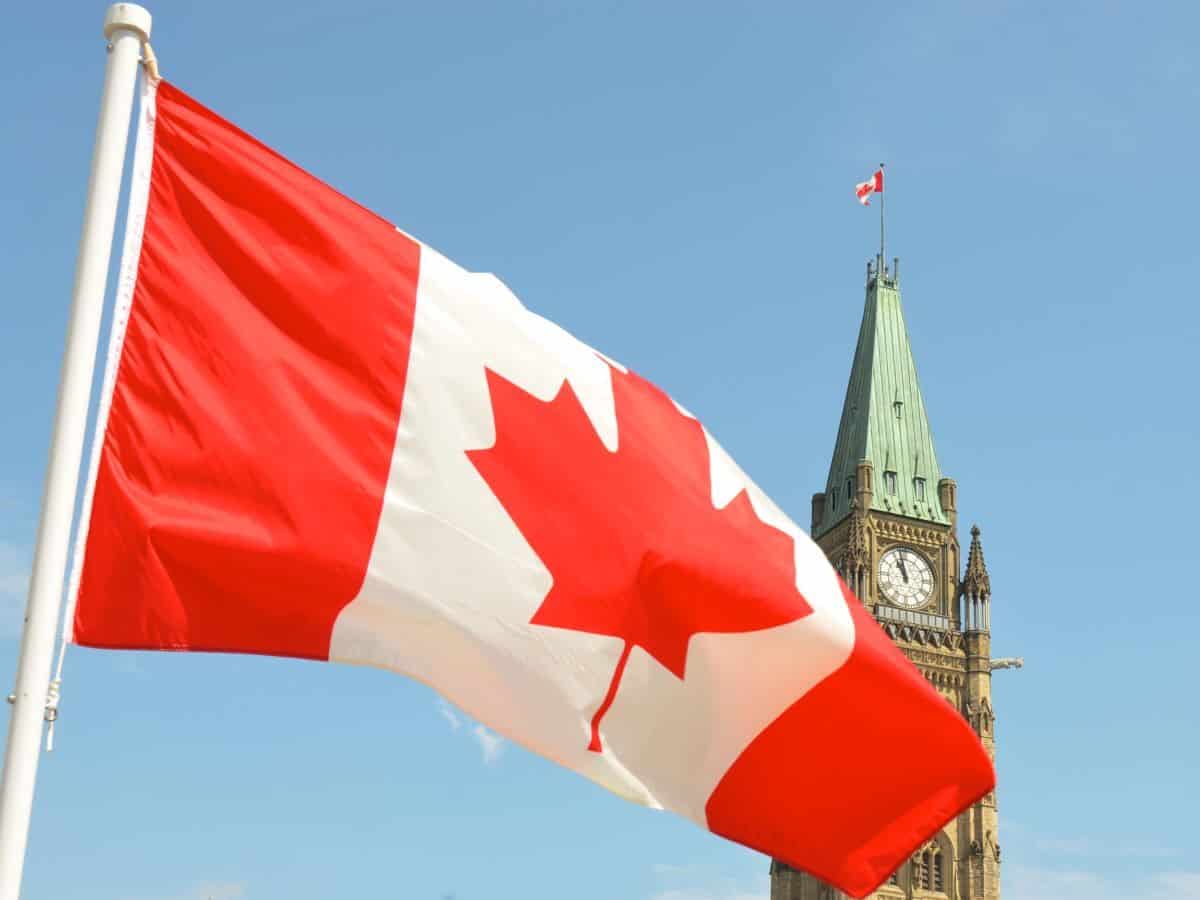
Ottawa: Canada’s espionage agency claimed that the Chinese government “clandestinely and deceptively” interfered in the 2019, and 2021 elections that were won by the country’s current leader, Justin Trudeau, according to CBC News.
The Canadian Security Intelligence Service (CSIS) informed the Prime Minister’s Office about this in February 2023, according to a top-secret briefing note that was discussed at the Foreign Interference Commission.
CBC News is a division of the Canadian Broadcasting Corporation.
“We know the PRC clandestinely and deceptively interfered both in the 2019 and 2021 general elections. In both cases, [foreign interference … was] pragmatic in nature and focused primarily in supporting those viewed to be either ‘pro-PRC’ or ‘neutral’ on issues of interest to the PRC government,” read the document titled ‘Assertions in Media Reporting’.
The document alleged further that multiple political parties were involved and at least 11 candidates and 13 staff members were implicated in ‘foreign interference’ by the Chinese government.
Meanwhile, another CSIS document, tabled earlier in the inquiry, referred to seven Liberal candidates and four from the Conservative Party of Canada.
“We also observed online and media activities aimed at discouraging Canadians, particularly of Chinese heritage, from supporting the Conservative Party, leader Erin O’Toole, and particularly Steveston-Richmond East Candidate Kenny Chiu,” the briefing note read, according to CBC News.
“The timing of these efforts to align with Conservative polling improvements; the similarities in language with articles published by PRC state media; and the partnership agreements between these Canada-based outlets and PRC entities all suggest that these efforts were orchestrated or directed by the PRC,” it added.
The briefing note, however, stated that the task force asked to keep an eye on foreign meddling concluded that these actions had no bearing on the election’s final result.
According to CBC News, the public inquiry into foreign interference has heard already from O’Toole and Chiu, who testified that their concerns about foreign interference were brushed aside when they raised them with Canadian officials.
Even after the Conservative Party brought up possible instances of foreign interference, more testimony and documents presented during the inquiry reveal that the body tasked with keeping an eye on election meddling identified possible foreign meddling directed at O’Toole and Chiu, but failed to notify them of it at the time.
Last week, O’Toole informed the commission that he thought Chinese intervention may have cost his party up to nine seats.
According to the briefing note, CSIS briefed cabinet ministers and other high-ranking officials on foreign influence 34 times, covering acts of meddling in the elections of 2019 and 2021.
“Until (foreign interference) is viewed as an existential threat to Canadian democracy and governments forcefully and actively respond, these threats will persist,” the briefing note to the PMO read, according to CBC News.
In October, last year, Canadian Prime Minister Trudeau and several other MPs were targeted by a ‘Spamouflage’ campaign linked allegedly to China.
As part of this campaign, a bot network leaves thousands of comments on their social media accounts, making nefarious claims. However, despite the situation, the Canadian government did not act steadfastly enough to take any further action over this ‘Spamouflage’ campaign, according to Canada-based CTV News.
According to a statement from Global Affairs Canada (GAC), the federal government’s ‘Rapid Response Mechanism’ (RRM) detected the campaign, which it said traced back to the People’s Republic of China.
The campaign started in early August, 2023 and ‘accelerated in scale’ over the long weekend in September. It targeted MPs across the country and across the political spectrum, posting comments in both English and French on their Facebook and ‘X’ accounts.
